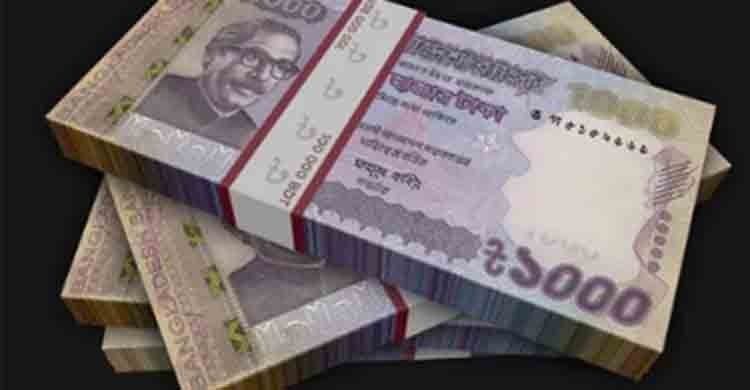Bangladesh Bank set to announce new monetary policy
13 January 2023, 07:04 pm | Updated: 22 February 2025, 10:39 am

Bangladesh Bank (BB) is going to announce a new monetary policy on Sunday in line with the advice of the International Monetary Fund (IMF).
Bangladesh requested the IMF for a loan of $4.5 billion last July, and the global lending agency agreed to give it to Bangladesh subject to conditions.
Before lending, the IMF gave several conditions for reforming Bangladesh’s financial sector including setting a monetary policy for every quarter of a fiscal year.
In line with the IMF conditions, the central bank has decided to announce a monetary policy twice in a year, which was announced for a single time during a fiscal year under former Bangladesh Bank Governor Fazle Kabir.
The BB announced the new monetary policy for the remaining period of the current fiscal year, which will be very challenging as inflation and liquidity crisis are mounting, experts say.
Former BB Governor Dr Atiur Rahman told UNB that the economic situation is changing frequently due to variables and volatile geopolitical situations and financial conditions involving Russia-Ukraine war.
The central bank’s decision to return to the announcement of the monetary policy twice a fiscal year is a good initiative, he said. However, it should be kept under close watch to readjust the policy instruments as the market conditions are so unstable, he said.
Dr Atiur said curbing demand for goods and services and increasing supply lines are necessary tools for controlling inflation. This is a challenging job given the fast changing external and domestic financial conditions, he said.
The central bank should remain cautious about the multiplier effects of creating more reserve money as the private credit growth and public borrowing level have already reached their targeted limits, he said.
Indeed, containing inflation should remain the top objective of the upcoming monetary policy as the low and middle income groups of people are in troubled water due to this, said Dr Atiur, who also teaches at the Dhaka University.
Former IMF official and economist Dr Ahsan H. Mansur told UNB that the monetary policy cannot bring any impact as the interest rate cap is fixed at maximum 9 percent.
Policy interest rate rising will bring a little change in the economy while lending interest rate is a big tool of monetary policy to control money supply and reducing consumption’s demand.
With the fixed interest rate, the monetary policy cannot make any change in the economy, he said.
Mansur said that the central bank is bringing high power money (HPM) in the market, which will have multiple impacts, and the exchange rate of domestic currency (taka) will also fall then.
[High powered money or powerful money refers to that currency that has been issued by the central bank]
While the exchange rate will fall, inflation would go up and liabilities of external payment would definitely increase, he said.
The new monetary policy will be announced as per the IMF's wishes. As a part of lending, a team of IMF held a series of meetings in Dhaka from October 26 to November 9.
The IMF team led by Rahul Anand (Bangladesh’s mission chief) met with the Bangladesh Bank, the Ministry of Finance, the Energy Division, BBS, the planning ministry, BSEC, NBR, and BERC to know the latest economic situation.
As part of this, the IMF DMD Antoinette Monsio Sayeh is arriving in Dhaka to review the update and finalize the loan deal with Bangladesh.
The BB is announcing monetary policy during her Dhaka visit starting on January 14.
A team led by Bangladesh Bank Governor Abdur Rauf Talukder met with the IMF on the side-lines of the World Bank-IMF annual meeting in Washington last October. After the meeting, the governor told reporters that Bangladesh will get the loan from the IMF.






















